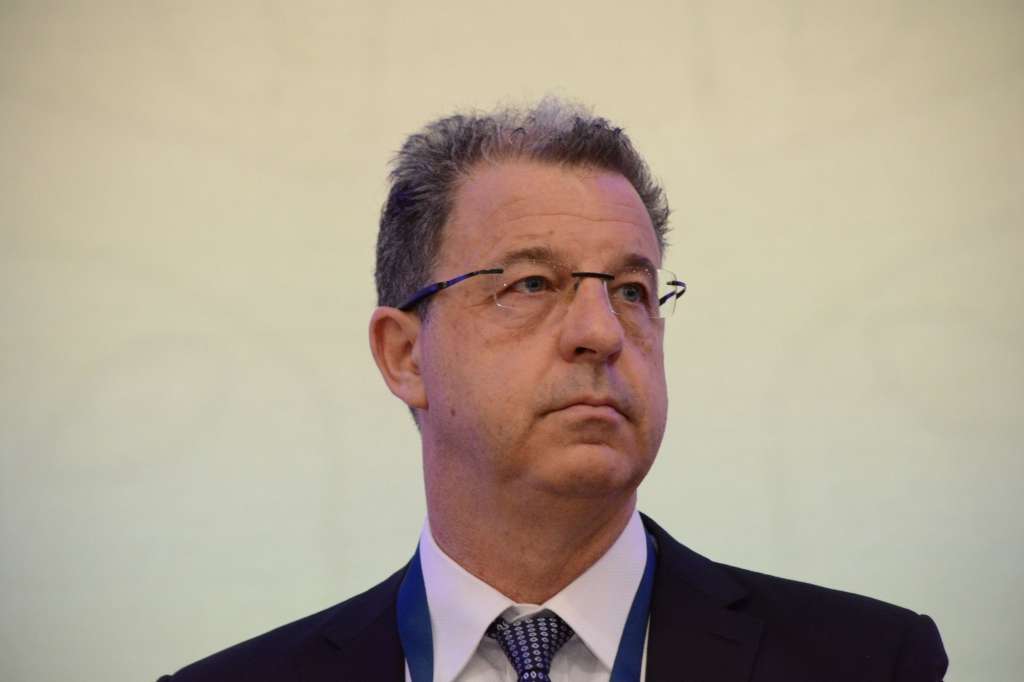The systematic execution of almost 7,000 men, including young boys, and expulsion of women, children and elderly men, was an outrage to the world and a devastating tragedy for every relative who lost a father, a brother, a cousin, or a son. Some families perished completely. We remember the victims, but also those they left behind with such terrible sadness. They are foremost in our minds, said the Chief Prosecutor of the International Residual Mechanism for Criminal Tribunals, Serge Brammertz, on the occasion of the 27th anniversary of the genocide in Srebrenica.
GENOCIDE IN SREBRENICA
Brammertz: We remember the victims, but also those they left behind with such terrible sadness
Some families perished completely
Serge Brammertz. Agencies
The evidence from victims and witnesses was vital
As he said his office has prosecuted, and judges have convicted, many of those who were involved in the Srebrenica Genocide. These include Ratko Mladić and Radovan Karadžić, who were both sentenced to life imprisonment as key architects and executioners of the criminal plan to expel and murder the Bosnian Muslims of Srebrenica.
- The evidence from victims and witnesses was vital to these convictions. They lived through terrible events, and yet found the strength to come back and re-live them, in the very presence of those who had organised and executed these crimes. Today, 27 years after the Genocide at Srebrenica, we commemorate both their loss, and their strength in telling the world of the terrible events that took place. We say that we must learn the lessons of history, and yet the world seems to be in danger of forgetting those lessons. Still today we are faced with Genocide denial as well as the glorification of war criminals, which permeate the political discourse in the countries of the former Yugoslavia - said Brammertz.
Still, there are thousands of missing
He stressed that his office is committed to ensuring the world does not forget the horrors of Srebrenica. We continue to assist national prosecuting authorities in their pursuit of justice for victims and to push back against attempts to deny the Genocide took place, and the glorification of those who carried it out, publicly and privately.
- Today, another 50 victims will be buried in Potočari, but still there are thousands of missing whose remains have not been found yet. They cannot be forgotten, and searching for them is a humanitarian imperative. We must try to account for each and every victim. We will continue our fight for justice for all victims - concluded Brammertz.

